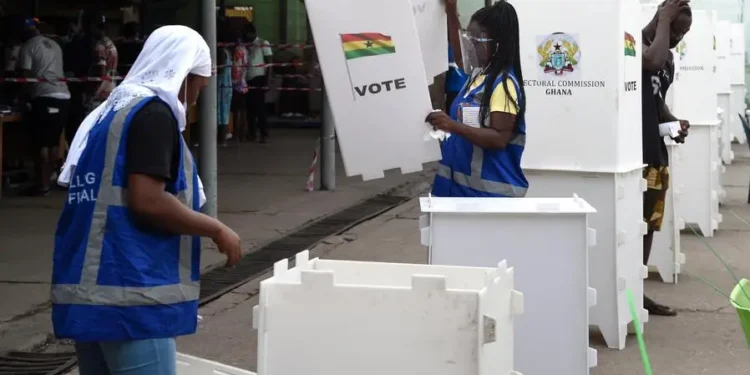Party politics is a necessary part of modern democracy but where partisanship is misunderstood and blindly pursued with unyielding aggression and disrespect for the rights of other players in the political sphere, the outcome can only defeat the purpose of democracy.
Yet, with the increasing polarization of the nation along partisan political lines, the focus of national election campaigning in Ghana has unfortunately shifted from substantial issues of concern to voters to personal attacks, insults and hate communication.
The use of abusive, indecent, and hateful language during election campaigns in Ghana remains a significant threat not only to the growth of democracy but also to the very security of the country.
The UN defines hate speech as, “Any kind of communication in speech, writing or behaviour that attacks or uses pejorative or discriminatory language with reference to a person or a group on the basis of who they are, based on their religion, ethnicity, nationality, race, colour, descent, gender, or other forms of identity.”
Intolerance toward dissenting opinion, attempts to gag citizens who try to express their opinions and opposition to freedom of expression, are contrary to the dictates of the basic principles of democracy and should not be happening in Ghana more than 67 years after the country’s independence from British colonial rule.
The use of hooliganism as a response to grievances as has often happened during electioneering in the country also needs to be discouraged and citizens who engage in such acts in the name of conducting campaigns must be sanctioned by the law.
It is important not to lose sight of the role of the media in ensuring national stability when it comes to the issue of acrimonious campaigning in an election year: National elections usually put the impartiality and objectivity of the media to the test because, as far as information dissemination goes, they become primary players in the national exercise. It is for this reason that election observers and watchers routinely use the media coverage of elections as a criterion for judging whether a national election was fair or not.
It is important, therefore, that the media make a frequent distinction between news and propaganda in election reporting. Political party and campaign news like any other media reports, should be truthful, factual, balanced and accurate. News about election campaigning should present facts and details in the right context and the language the media employ must be neutral.
News is supposed to present factual information in a manner that enables the public to draw conclusions about an issue. Election campaign news should not be reported in such a way as to try to shape public opinion on an issue or promote the agenda of any political party.
Propaganda, by contrast, is used to promote a cause or point of view, advance an agenda or influence public opinion on an issue. Propaganda relies heavily on bias and the manipulation of information in a manner intended to mislead the public even if the information is factually accurate.
While we concede that propaganda may not always be exclusively negative, we also note that in partisan politics, propaganda quite often involves playing up the purported virtues, good works and achievements of one political party or party candidate, while simultaneously suppressing counter opinions, arguments and information about another party or candidate.
As the election date draws nearer, we urge the media to be particularly conscious of the danger of disinformation from partisan sources. Disinformation involves the intentional spreading of information known to be false, in an attempt to discredit a person, group or a cause. Disinformation will often include facts and truths or half-truths because lies are made credible when they are supported by something factual or true.
Misinformation may sometimes be done without intent. A source of misinformation may not know that the information is false. The term is therefore generally used to refer to any kind of information that is wrong or false.
The danger about these two potential sources of false news is that they may dispose individuals or groups to accept and act on information that is false. One information scientist says, “Misinformation is not like a plumbing problem you can fix. Like crime, it is a social condition that must be constantly monitored.”
What the media tell the public before an election regarding the prospects for fairness can also make all the difference between a peaceful election and an acrimonious and violent one! To safeguard our growing democracy and restore public trust in partisan politics in Ghana, leaders of the country’s political parties need to be prevailed upon to prioritize Ghana’s security, peace and unity above partisan political interests as the election date draws nearer by the day.






























